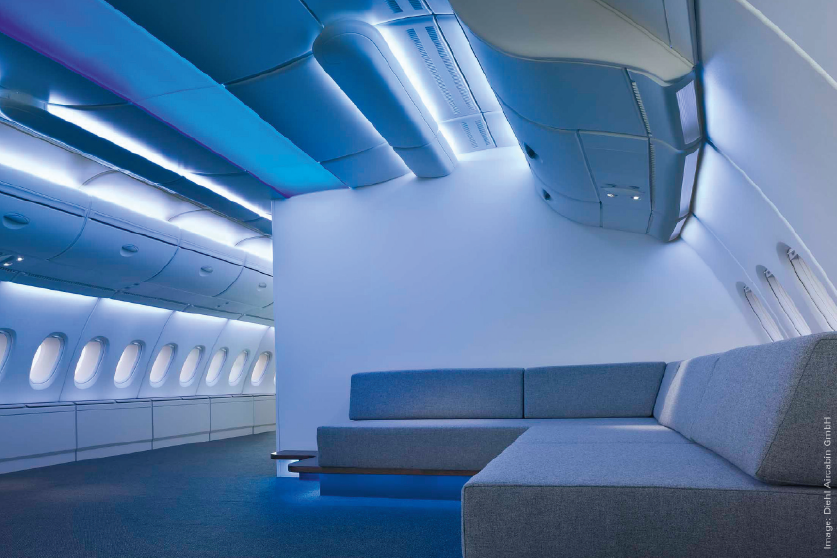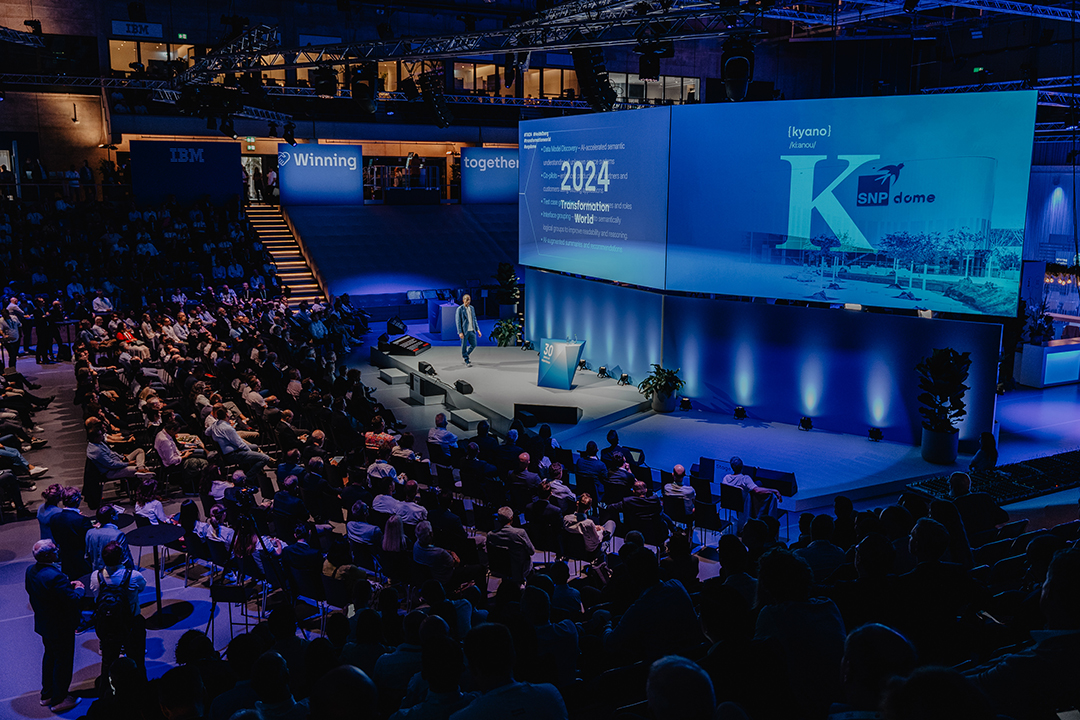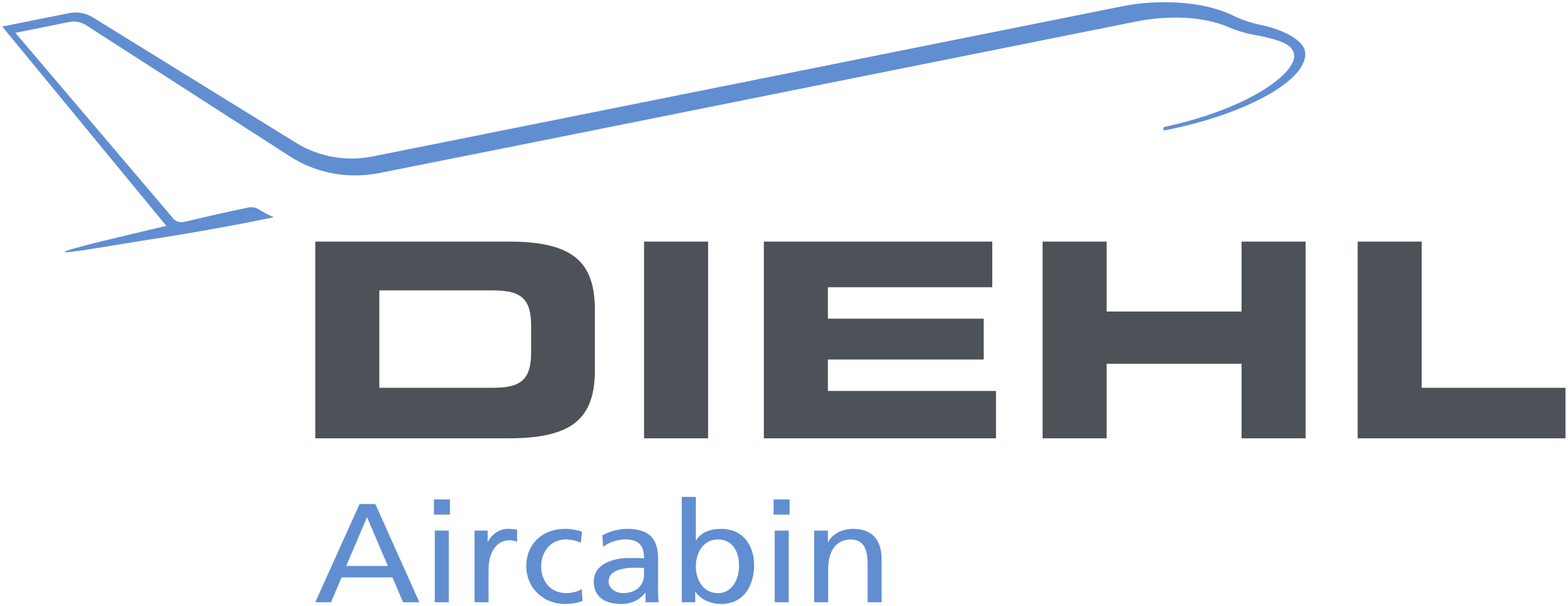Diehl Aircabin: two become one – keeping system harmonization always under control
Diehl AircabinThe Challenge
During the past two years, Diehl Aerosystems, a division of the Diehl Group, drew up and enacted a new IT strategy for all of its business units. The goal was to use synergies across the division more effectively. An important line of action in this regard was harmonizing the processes of the division’s business units. In 2012, Diehl Service Modules GmbH (formerly Mühlenberg) was integrated into the division. Diehl Aircabin faced the challenge of consolidating its business processes with the new business unit, and launched the first major harmonization project in the division together with the new affiliated company. Up until its integration into the division, Diehl Service Modules worked with a Kifos solution from Sage bäurer GmbH as its ERP system. Within the scope of this harm-onization project, all of the associated logistics processes were to be discontinued and replaced with Diehl Aircabin’s processes. To do so, the processes were to be transferred to the existing SAP® ERP system.


Our collaboration with Diehl Aircabin & the resulting Benefits
In order to adapt the two companies’ business processes to one another, Diehl Aircabin decided to use SNP’s Transformation Backbone® software. With this software solution, information was migrated at the spreadsheet level and the database from the Kifos solution was transferred into the SAP target system. In addition, standard transfer tools, such as Business Application Programming Interfaces (BAPI), were used for selected business objects. As the name suggests, BAPIs are standardized pro- gramming interfaces that provide access to the ERP system’s processes and data.
Different processes, a short project time, and the necessity to examine data in the old system that is not SAP-compliant made it necessary to move swiftly when planning and implementing the project. Thanks to SNP Transformation Backbone, the company could continuously make prototypical advancements and run tests on individual processes during the entire migration.
In addition, while going live, downtime did not exceed 48 hours. Furthermore, the software made additional test steps possible during the migration process. After successfully transferring the data, individual business objects were analyzed with regard to their consistency.
The excellent teamwork, an exemplary willingness to run tests, and the excellent work by the Diehl Aircabin project team all played a key role in the project’s success.
- Go-live migration with downtime of less than 48 hours
- Test steps during migration
- Controlled, automated, and documented transfer of data thanks to process planning within SNP Transformation Backbone
- SNP Transformation Backbone makes both database-based migration as well as migration using standard SAP tools possible
- The ability to implement database-based conceptual corrections after migration
Thanks to the minimal downtime, there was practically no negative impact on ongoing operations. Furthermore, we were able to check approval steps and the consistency of business objects during the migration.
Peter Zehrer
Project Manager, SAP rollout at Diehl Service Modules

